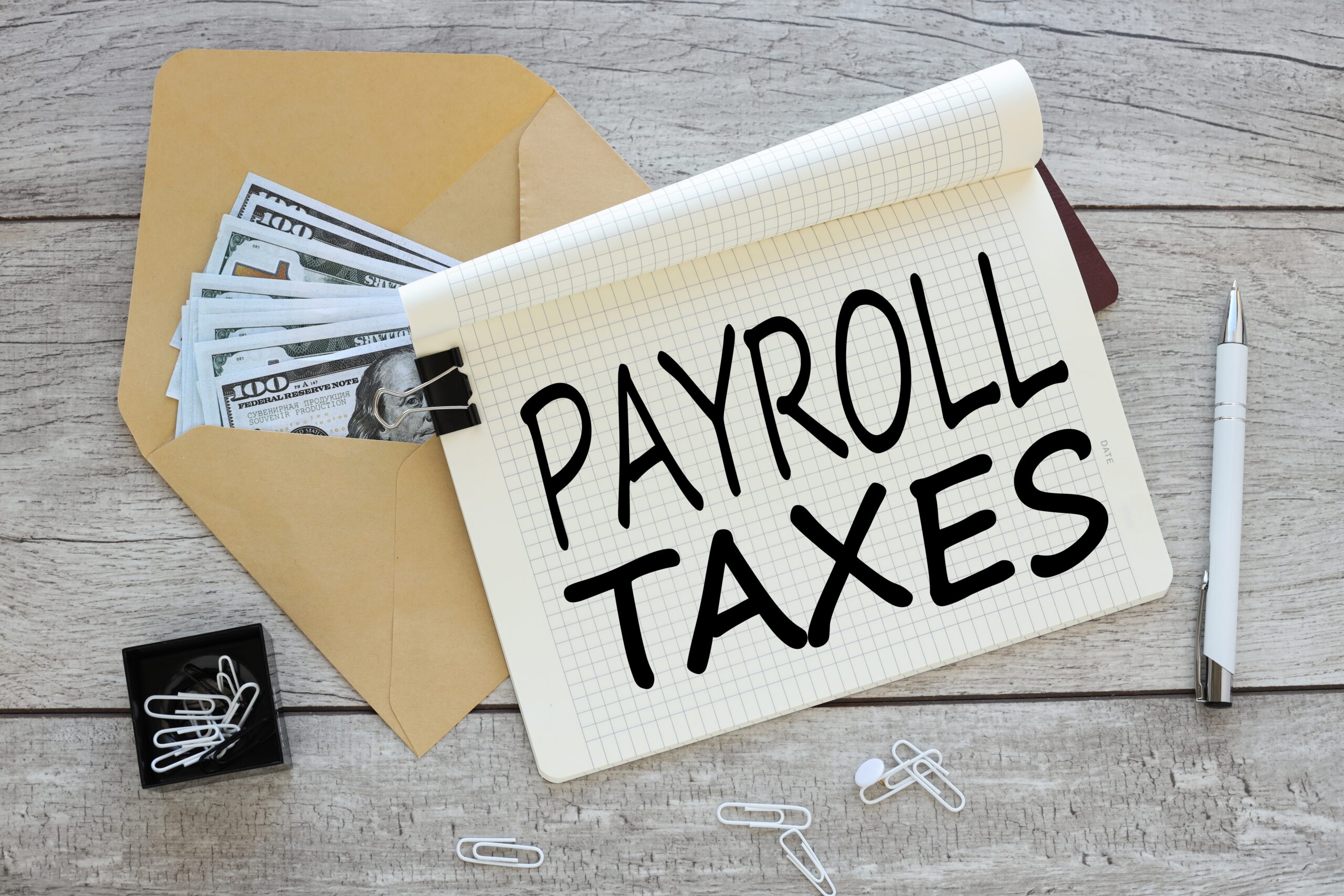When tax debt starts piling up, IRS penalties often make the situation worse. What begins as a manageable balance can quickly become overwhelming once late fees, interest, and additional charges are added on.
At Rappaport Tax Relief, we’ve seen countless clients come in discouraged by penalty notices — not realizing that many of these penalties can be challenged or removed. If you’re feeling buried under IRS charges, here’s what you need to know.
Why the IRS Issues Penalties
The IRS uses penalties to enforce compliance. Some of the most common include:
Failure to File – Up to 25% of the unpaid tax (5% per month)
Failure to Pay – 0.5% per month, with interest added on top
Failure to Deposit (for payroll taxes) – Up to 15% depending on how late the deposit is
While they’re meant to be a deterrent, penalties often hit people already facing financial or personal hardship — and in many cases, the IRS is open to reconsidering them.
Three Ways to Reduce or Eliminate IRS Penalties
1. First-Time Penalty Abatement (FTA)
If you’ve filed and paid on time for the past three years, you may qualify for this one-time waiver — even if your current situation is messy. It’s the easiest option for eligible taxpayers.
2. Reasonable Cause Relief
This requires proving that something outside your control prevented you from filing or paying on time. Examples include:
Natural disasters
Serious illness or injury
Loss of records
Death in the family
Unavoidable financial hardship
The IRS reviews each case individually, and documentation is critical.
3. Statutory Exceptions
In some rare cases, the IRS may reduce penalties if they made a mistake or if the taxpayer received bad advice from a qualified professional. This usually applies to complex cases — and requires specific legal arguments.
Timing Matters
Penalty relief isn’t automatic — and there are deadlines. Some must be requested within a specific time window, or you risk losing the right to challenge the charge.
At Rappaport Tax Relief, we help clients:
Identify which penalties they’ve been assessed
Determine which relief options apply
Prepare and submit effective requests
Appeal any unjust denials
Why a Professional Approach Works Better
A well-crafted penalty abatement request makes a difference. Simply saying, “I couldn’t afford to pay” often isn’t enough. We know how to build a persuasive case using the IRS’s own criteria and language — and we don’t hesitate to escalate a denial to the Office of Appeals when needed.
Take Control of Your Tax Debt
Penalties are frustrating, but they’re not final. In many cases, you may be able to reduce what you owe and get back on the path to resolution — especially with the right support.
If you’re struggling with tax debt and want to explore penalty relief, contact Rappaport Tax Relief today. We’ll help you understand your options and fight for a fair outcome.
David Rappaport is an Enrolled Agent with over 25 years of experience in the field of taxation. He specializes in representing clients before all administrative branches of the IRS and State Taxing Authorities.



